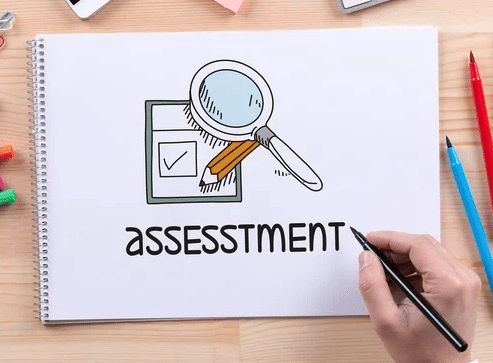In today’s competitive business landscape, organizations are constantly seeking ways to identify and develop top talent. The ability to identify individuals with the right skills, abilities, and potential for growth is crucial for sustained success and maintaining a competitive edge. Psychometric assessments play a vital role in this process by providing valuable insights into candidates and employees, helping organizations make informed decisions about talent selection, placement, and development. This article explores the significance of psychometric assessments in identifying top talent, and how they can be leveraged to drive organizational growth and success.
Understanding Psychometric Assessments
Psychometric assessments are scientific instruments designed to measure various psychological attributes such as cognitive abilities, personality traits, and skills. These assessments provide objective and standardized measurements, allowing organizations to evaluate individuals’ suitability for specific roles or career paths.
Selecting the Right Candidates
Psychometric assessments serve as an effective tool during the selection process, aiding in identifying candidates who possess the necessary competencies and potential for success within a given role. Assessments such as cognitive ability tests, personality inventories, and situational judgment tests can provide valuable insights into an individual’s cognitive capabilities, personality traits, and behavioral tendencies, enabling organizations to make more informed hiring decisions. Research has shown that using assessments in the selection process can improve the accuracy and validity of predictions regarding job performance and long-term potential (Sackett, Zhang, Berry, & Lievens, 2022).
Identifying High-Potential Employees
Assessments are not only valuable during the hiring process but can also aid in identifying high-potential employees within an organization. Through assessments, organizations can uncover employees’ strengths, weaknesses, and development areas, allowing them to make data-driven decisions regarding career paths, promotions, and succession planning. Psychometric leadership assessments and other tools like 360-degree feedback surveys can provide a comprehensive understanding of an employee’s skills, competencies, and leadership potential (McCall, Lombardo, & Morrison, 1988).
Enhancing Employee Development
Once top talent is identified, assessments continue to play a crucial role in driving their development and growth. Assessments can help tailor individualized development plans, identify areas for improvement, and design targeted training and coaching programs. By providing employees with feedback on their strengths and areas of development, organizations can foster a culture of continuous improvement and facilitate the acquisition of skills necessary for career advancement (London & Smither, 2002).
Conclusion:
Psychometric assessments offer organizations a valuable means to identify top talent, both during the selection process and within their existing employee pool. By leveraging the power of assessments, organizations can make informed decisions about talent selection, development, and succession planning, leading to improved organizational performance and long-term success.
References
McCall, M. W., Lombardo, M. M., & Morrison, A. M. (1988). The Lessons of Experience: How Successful Executives Develop on the Job. Lexington Books.
London, M., & Smither, J. W. (2002). Feedback orientation, feedback culture, and the longitudinal performance management process. Human Resource Management Review, 12(1), 81-100.
Sackett, P. R., Zhang, C., Berry, C. M., & Lievens, F. (2022). Revisiting meta-analytic estimates of validity in personnel selection: Addressing systematic overcorrection for restriction of range. Journal of Applied Psychology, 107, 2040–2068.

